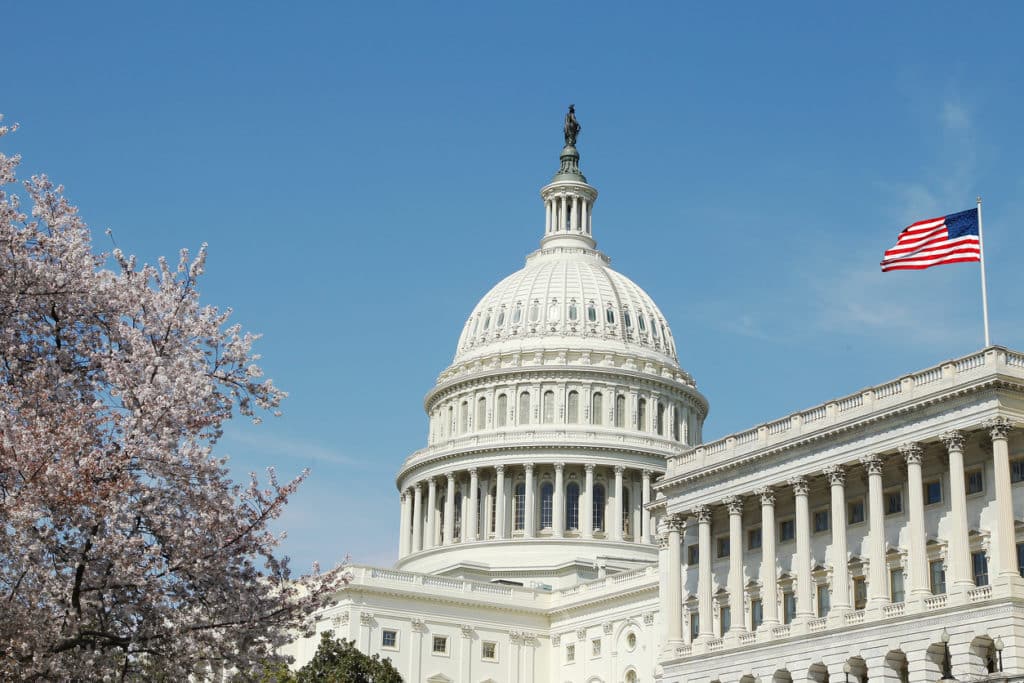
Bipartisan Caucus Will Promote Financial Inclusion, Technology & Consumer Protection
U.S. Sens. Cynthia Lummis (R-WY) and Kyrsten Sinema (D-AZ) launched the U.S. Senate Financial Innovation Caucus today, along with Sens. John Hickenlooper (D-CO), Tim Scott (R-SC), Marsha Blackburn (R-TN), Mike Braun (R-IN) and Bill Cassidy (R-LA).
Co-Chairs Lummis and Sinema launched the caucus to highlight responsible innovation in the United States financial system, and how financial technologies can make markets more inclusive, safe and prosperous for all Americans.
We launched the Financial Innovation Caucus with @SenLummis to highlight responsible innovation in the U.S. financial system, and how technology can boost America’s global standing and expand opportunities in Arizona and across the country. https://t.co/zRR5ZxFMnF
— Kyrsten Sinema (@SenatorSinema) May 25, 2021
“The United States is the world leader in the global financial system, but that position is a privilege, not a right,” Senator Lummis said. “It is also a huge, often-underappreciated benefit to every American. We need to work together to bring our financial system into the 21st century in order to maintain our leadership and ensure that future Americans can enjoy the same opportunity and prosperity that we experience today.”
“Two of my most important jobs are keeping America safe and secure and supporting Arizona job-creation. Boosting innovation in our financial system ensures the United States remains a global economic leader while expanding job opportunities in Arizona and across the country,” said Senator Sinema.
The caucus will serve as a space in the Senate to discuss domestic and global financial technology issues, and to launch legislation to empower innovators, protect consumers and guide regulators, while driving U.S. financial leadership on the international stage.
The caucus will focus on a number of issues critical to the future of banking and U.S. competitiveness on the global stage, including:
- Responsible financial innovation
- Distributed ledger technology (blockchain)
- Digital assets
- Artificial intelligence and machine learning
- Data management
- Consumer protection
- Combating money laundering
- Faster payments
- Central bank digital currencies
- Promoting financial inclusion and opportunity for all
Lummis and Sinema both hail from innovative states in the West. Wyoming pioneered a regulatory framework for digital assets, such as Bitcoin, including the creation of a new kind of bank charter specifically designed for the housing of digital assets.
The caucus is timely for a number of reasons, including a growing regulatory focus on digital assets. This includes U.S. federal agencies such as the Federal Reserve Board of Governors and the Securities and Exchange Commission, as well as efforts by foreign governments to create digital currencies. China, in particular, has already launched a digital yuan in certain cities, in hopes that it will increase China’s influence in international finance.
Source: U.S. Senator Cynthia Lummis





